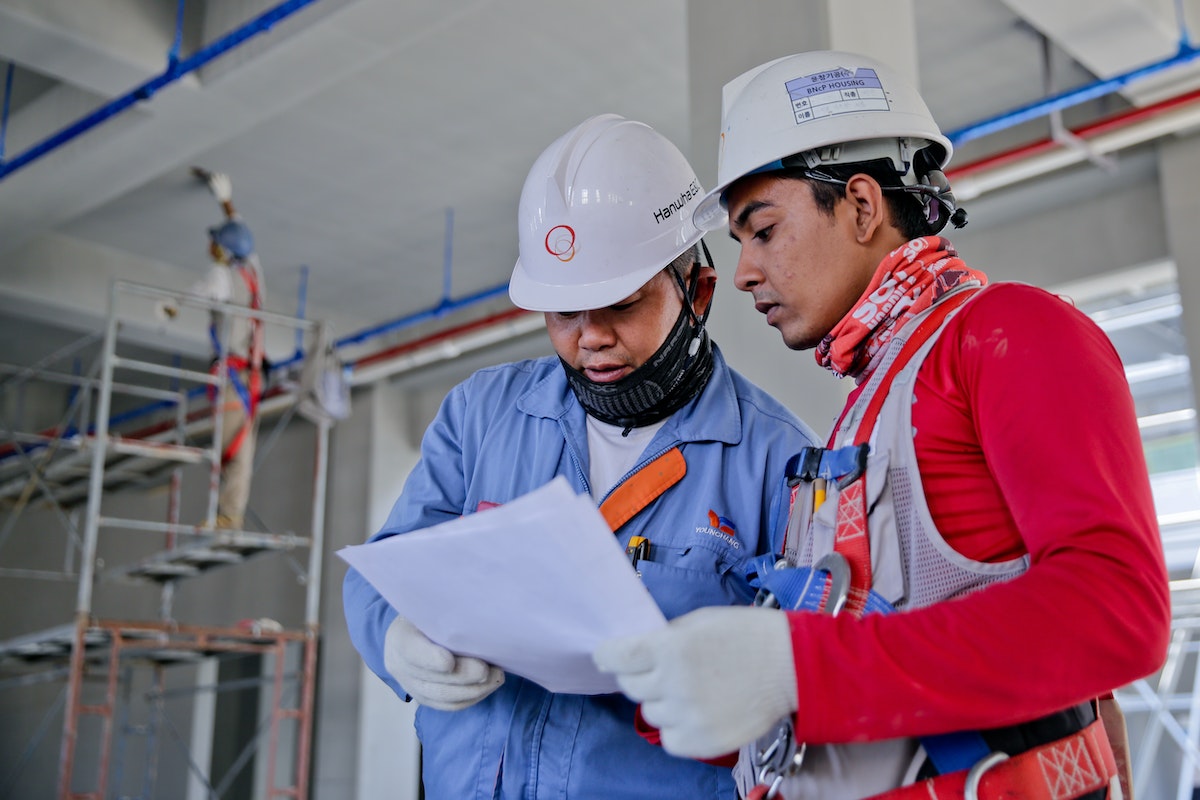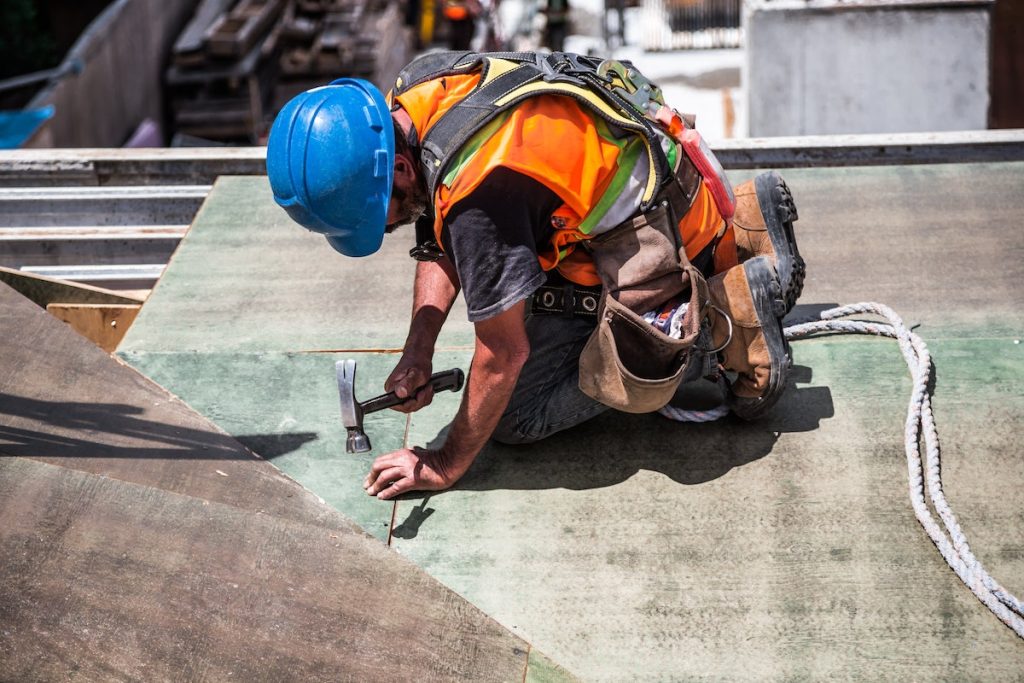- Understand industry roles, acquire necessary skills, and familiarize yourself with construction demands and opportunities.
- Acquire essential qualifications through formal education, vocational training, and safety training for effective professional growth.
- Networking and continuous learning can secure valuable industry connections and update you with evolving trends.
- Identify personal interests, assess skills, and explore market demand to choose the right construction specialization.
- Understand your chosen specialization’s educational requirements, training, and certifications for successful career planning.
Starting a career in construction is a rewarding experience, but it can also be challenging for beginners. This industry requires both physical and technical skills, as well as a strong work ethic. The first step is understanding the different roles and responsibilities within the construction field, which range from skilled laborers to project managers.
It’s also crucial to recognize the importance of safety in every aspect of the job, as construction work can pose various risks if not carried out appropriately. A foundational understanding of construction materials and tools is essential for success. This knowledge and practical experience will equip you to navigate complex projects and scenarios effectively.
With the proper roadmap, however, anyone can start strong in construction and pave the way to success. This blog post will go through a step-by-step guide to help beginners start their construction career on the right track.
Self-Assessment and Goal Setting
To navigate this dynamic field successfully, assessing your capabilities and setting achievable goals is crucial. Here’s how you can enhance your skills, get the necessary education, and land your first construction job:
Understanding the Industry
Before starting construction, it’s crucial to understand the industry. Familiarize yourself with different roles and required skills. Learn about industry demands, challenges, and opportunities.
Acquiring Necessary Skills
After identifying your desired role, acquire the necessary skills. This may involve vocational training, specialized workshops, or pursuing a related degree. Practical experience, like internships or apprenticeships, is equally valuable for real-world insights.
Networking and Continuous Learning
Building meaningful industry relationships is crucial. Networking events, social media, & forums connect professionals. Continuous learning is essential to stay updated with trends, technologies, & regulations in the evolving construction industry.

Education and Training
Investing in the right education and training is the next big step in starting strong in construction. The following can set you apart in this competitive industry and provide the foundation for your career growth:
Formal Education
Formal education provides a solid foundation for understanding the theoretical aspects of construction. Pursuing degrees or certificates in construction management, civil engineering, or architecture can equip you with essential knowledge about building materials, construction laws, and project management.
Vocational Training
Vocational training focuses on imparting practical skills essential to the construction industry. Programs often include classroom learning and hands-on experience, providing a comprehensive understanding of tools, safety standards, and field operations. This can be an excellent starting point for roles such as electricians, plumbers, and carpenters.
Safety Training
Safety is paramount in the construction industry. Understanding the safety protocols, how to use safety equipment, and how to mitigate hazards can be crucial for your career. Attaining a green Construction Skills Certification Scheme (CSCS) card is a great way to demonstrate your awareness of safety protocols and your commitment to maintaining a safe working environment.
This card is for laboring occupations, proving your HS&E knowledge. Apply for your CSCS green card today and pass the HS&E test to earn this card, as it will increase employability and contribute to safer construction sites.
Organizations such as the Occupational Safety and Health Administration (OSHA) offer safety certification programs to improve your employability and ensure that you prioritize safety on job sites.
Choosing a Construction Specialization
Choosing a specialization is an integral part of your construction career journey. This choice will guide your learning, skill development, and career trajectory. Here are some key considerations to help you select the right construction specialization:
Identifying Your Interests
Begin by identifying what aspects of construction intrigue you the most. Perhaps you enjoy designing structures, or the thrill of overseeing a project from start to finish appeals to you. Identifying your interests can lead you toward a specialization that will keep you engaged and passionate about your work.
Assessing Your Skills
Analyze your skills to choose a specialization that aligns with your abilities. For example, consider quantity surveying if you’re detail-oriented and good at calculations. Alternatively, project management may be a perfect fit if you excel in leadership.
Market Demand
Research the construction labor market to understand which specializations are in high demand. A higher-demand role can offer more job opportunities and potentially higher wages. However, balance market demand with your interests and skills to ensure job satisfaction.
Training and Qualification Requirements
Different specializations require different qualifications and training. Understand the educational requirements, training, and certifications for your chosen field. This will help you plan your educational journey and be well-prepared for your career path.

A construction career offers growth, challenges, and rewards. Understand the industry, acquire skills, network, learn continuously, and specialize. Starting strong doesn’t guarantee instant success. Lay a solid foundation, understand safety, and adapt to changes. With diligence, build a rewarding construction career.
Be proactive in your learning, be patient with your growth, and, most importantly, enjoy creating and contributing to the built environment. The road to success in construction may be complex, but with this roadmap, you have a guide to help you navigate. Here’s to starting strong and building a future, one brick at a time.

